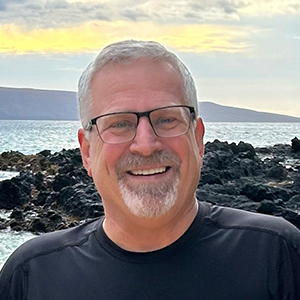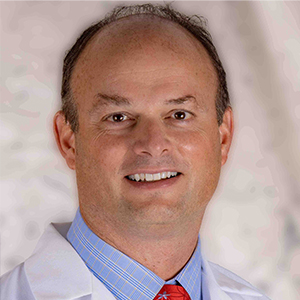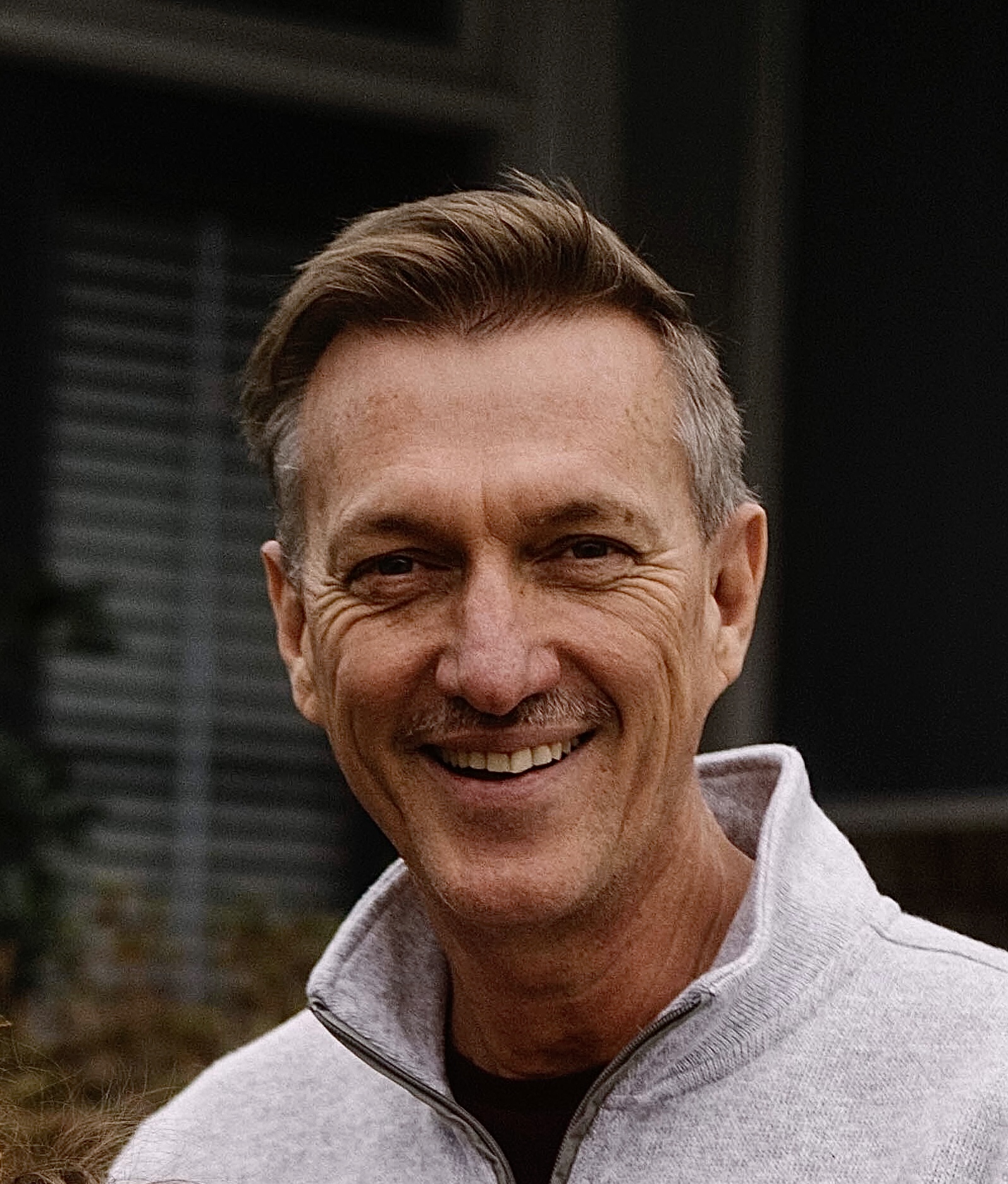This year’s IWMC will feature experienced speakers with expertise who will focus on the following six relevant topics in missions today. Each track will be developed using 5 workshops.
Track 1: Multiplying Christ-Centered Development
Jesus commanded his disciples to make disciples of all nations. The task he left them to do was overwhelming, but not impossible. It would require reliance on the Holy Spirit, and catalyzing movements that sweep the countryside rather than doing projects in a single community. We like projects because they are manageable, and the desired results are immediately visible. This track is designed to help us to move beyond projects to movements that multiply disciples, create church planting movements, and transform lives and communities. Speakers in this track will be sharing from their experiences catalyzing movements in various parts of the world including Asia, Africa, Europe, and Latin America.
Workshops
- Multiplying Christ-Centered Development, Terry Dalrymple
- Wholistic Church Planting Movements, Dr. Bruce Wilson
- Making Waves – Creating Movements, Ricardo Luna
- The Million Village Challenge: The First 10,000 and the Pathway to a Million, Jeremiah Workman
- A Dialogue with Those Who Have Done It: A Panel Discussion with Transformational Movement Makers from around the World
Track 2: Integral Disciple Making Movements
God calls us to make disciples of all nations even in regions where there are few believers. This track will explore practical ways IDMM Ministry is reaching unreached peoples through wholistic disciple making and community transformation. Key practitioners (Charlotte D, ZJ, AS, JO, WS) from East Africa, Central Asia, Middle East, and South Asia present fruitful practices such as sharing God’s Big Story, making disciples who make disciples, creative access to communities, finding the person of peace, and acts of love.
Workshops
- Overview of Integral Disciple Making Movement (IDMM), a Panel Discussion moderated by Charlotte D.
- Sharing God’s Plan for Reconciliation and Restoration, J Watson
- Growing Together as Integral Disciples, Andrew Johnson
- Discovery groups and Multiplication, Andrew Johnson
- Joining with the community to see long lasting change, Emmanuel Konan
Track 3: Partnership Between North and South
Too often partnerships between the North and South can become lopsided, straining the relationship or harmful to the advance of the ministry. This track will explore some best practices for short term teams and other short term missions’ opportunities. Experienced speakers like Greg Seager, Tony Frietas, and Brian Heerwagen will provide thoughtful strategies for a more balanced and truly cooperative approach to short term work and how effective they can be to advance the God’s Kingdom.
Workshops
- How to Begin and Sustain a Meaningful and Thriving Partnership with a Current CHE Team or a Church Doing CHE with Ron Seck, Chuck Foreman, & Hessel Keuter
- Understanding the One Purpose in Medical Missions: Where are you needed? Greg Seager
- Integrating Sustainable Development Principles Through Your Short-Term Teams, Tony Freitas
- Powerboat vs Sailboat: What’s your paradigm for cross-cultural partnership? Werner Mischke.
- Seven Keys to Mission Trips that Honor God, Brian Heerwagen
Track 4: Hope and Help for the Abused and Marginalized
This track will focus on how help and hope are changing people’s lives and entering places of neglect and abuse. How do we champion the cause of the marginalized like the handicapped or the Roma, living on the fringes of society? How do we breathe help and hope into the lives of the traumatized or victims of trafficking? These are some of the topics to be explored with Jenna Schmidt, Jeremiah Workman, Ron & Jeannie Seck, Bibiana MacLeod, and Zuzana Poláčková.
Workshops:
- Help & Hope for The Least of These, Jeremiah Workman
- Principles for Mobilizing the Marginalized, Ron & Jeannie Seck
- Let’s Walk and Roll! – Integrating Disability into the Community, Jenna Schmid PT, DPT & Guido Schmid
- Anti-Human Trafficking: Does It Really Happen in My Community? Bibiana MacLeod & Zuzana Poláčková
- Trauma Healing: An Introduction to Biblically Based Emotional Care, Zuzana Poláčková & Bibiana MacLeod
Track 5: Gospel-Driven Poverty Alleviation
This track will focus on mindsets to be aware of, methods to use, a proper framework for transformation, what church-based community development looks like, and specific examples of what is working in the pursuit of a gospel-centered poverty alleviation. Five workshops will be facilitated by Dayo Obaweya, David Strong, Anna Ho, Tim Albright, in addition to a Q&A session with a panel of experts.
Workshop Facilitators:
- Understanding and Combating a Poverty Mindset; A Starting Place for Community Transformation, Tim Albright
- Church-Based Community Development, David Strong
- Harnessing the Power of Biblical Holism: Growing and Sustaining Global South Churches and Ministries Through Agricultural Discipleship, Rev. Frank Sindler
- Establishing Livelihoods for Local CHE Trainers, Dayo Obaweya
- Gospel-Driven Poverty Alleviation, Dilip Joseph & Nathan Harris
Track 6: Finishing the Task Among the Unreached
Finishing the task of reaching the unreached is going to require different strategies for different people groups. There is not a one-size-fits-all approach to complete our mandate to make disciples of all nations. This track will explore various approaches, already effectively in use, to reach those who have not yet heard the Good News. It will discuss the significant overlap of global muti-dimensional poverty and the highest concentration of unreached/unengaged people groups. There will be the exploration of practical examples of work among unreached groups and mobilizing near cultures to finishing the task. It will cover topics from how to use orality to reach the unreached in oral cultures to how to engage those in countries where the majority religion is hostile to the gospel. This track will highlight tremendous opportunity that exists to be agents of shalom through wholisitic ministry.
Workshops:
- Finishing the Task Among the Unreached, Dilip Joseph & Nathan Harris
- The Overlap of Extreme Poverty & the Unreached, Terry Dalrymple
- The Challenge of CHE Among Oral Cultures, Bibiana MacLeod
- Opening Hearts by Caring for the Heart of the Family: The Health of Mothers and Children in Restricted Access Contexts, Medical Ambassadors International Consultant
- Mobilizing Pastors and Churches to Care for the Unreached, J. Watson





